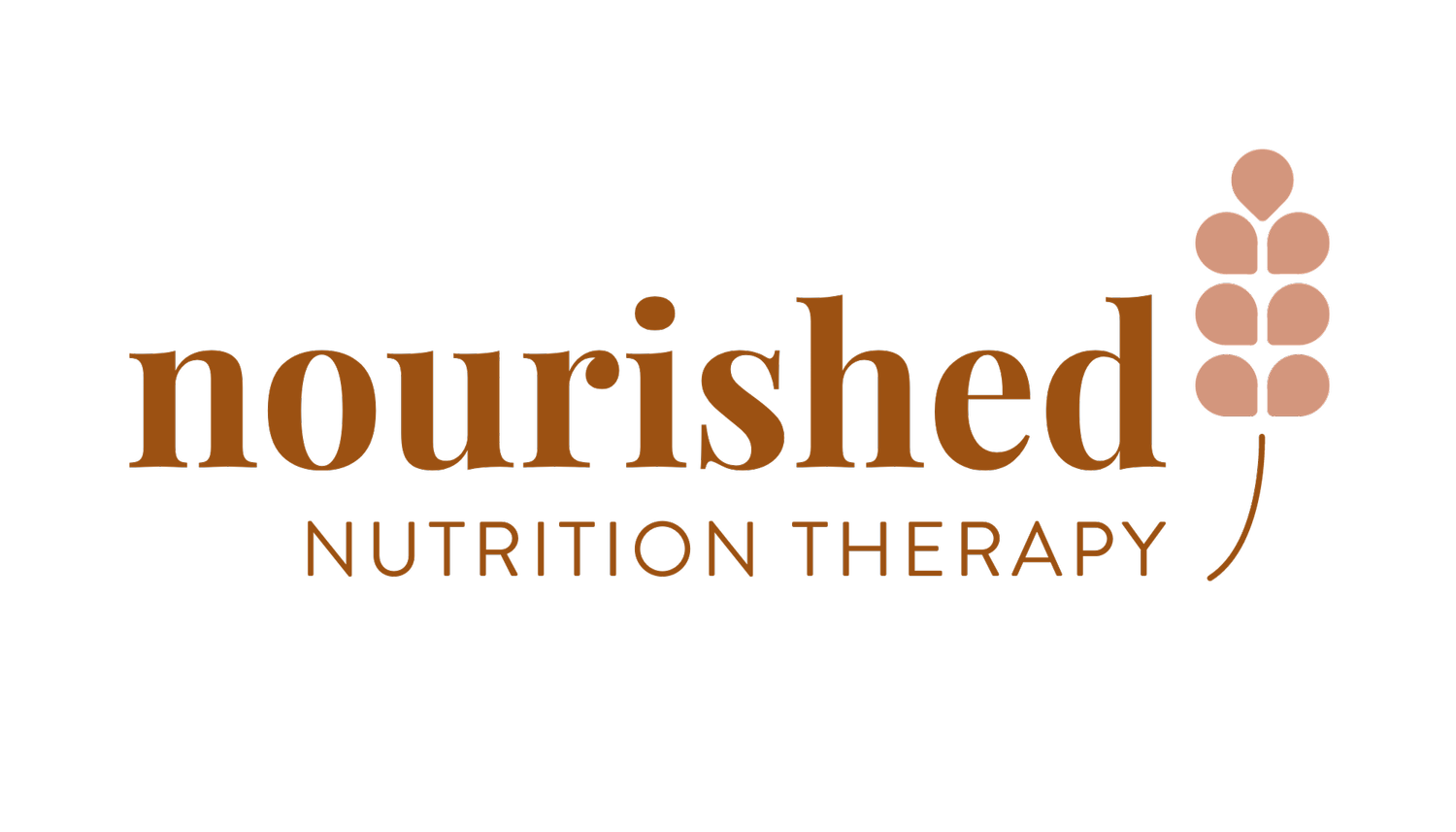Rethinking "Obesity" and "Overweight": Why We Choose Weight-Inclusive Language
At our weight-inclusive nutrition therapy practice, we're committed to fostering a safe and judgment-free space for individuals on their journey to holistic health. One way we uphold this commitment is through our choice of language. We avoid using terms like "obesity" and "overweight" because we firmly believe in the power of words and how they impact our perceptions of health and self-worth.
BMI: A Flawed Metric
One of the key reasons behind our avoidance of terms like "obesity" and "overweight" is the recognition that the Body Mass Index (BMI), often used to categorize individuals, is a limited and flawed metric. It fails to account for the complex factors that influence health, such as genetics, muscle mass, and distribution of fat. This means that a person with a high BMI may be perfectly healthy, while another with a "normal" BMI might face health challenges.
Pathologizing Size
Using the term "obesity" can be stigmatizing and pathologizing. It reduces an individual's worth to their body size and implies that being larger is inherently a medical problem. This not only perpetuates harmful stereotypes but also exacerbates the mental and emotional toll of living in a society that prioritizes thinness as the ultimate standard of beauty and health.
The Harm of Stigmatization
Stigmatizing language and attitudes can lead to significant health disparities. People who experience weight bias may delay seeking medical care, avoid exercise, or struggle with disordered eating behaviors. This stigmatization can exacerbate health issues and result in poorer overall health outcomes.
Choosing Inclusive Language
In our practice, we choose weight-inclusive language to convey our commitment to recognizing the multifaceted nature of health. We prioritize a holistic approach that respects the diverse factors that contribute to an individual's well-being, rather than focusing solely on body size. This approach also respects the autonomy and dignity of each person we serve. We typically use words like “larger body” and “fat body” to reclaim the word “fat” as a neutral descriptor. Fat is not a bad word at our practice.
Empowering and Inclusive Health Focus
Our goal is to empower individuals to prioritize their mental and physical well-being above arbitrary weight goals. We believe that everyone deserves to feel valued and accepted regardless of their body size. By shifting the conversation away from weight-centric language, we create a more inclusive and empowering atmosphere for individuals to take charge of their health.
In conclusion, we choose weight-inclusive language because we recognize the limitations of terms like "obesity" and "overweight" and the harm they can cause. We are dedicated to supporting individuals on their journey to holistic health, embracing a more inclusive and compassionate approach that values the whole person, rather than their size. It's time to rethink how we talk about health and well-being, and we're here to lead the way.

